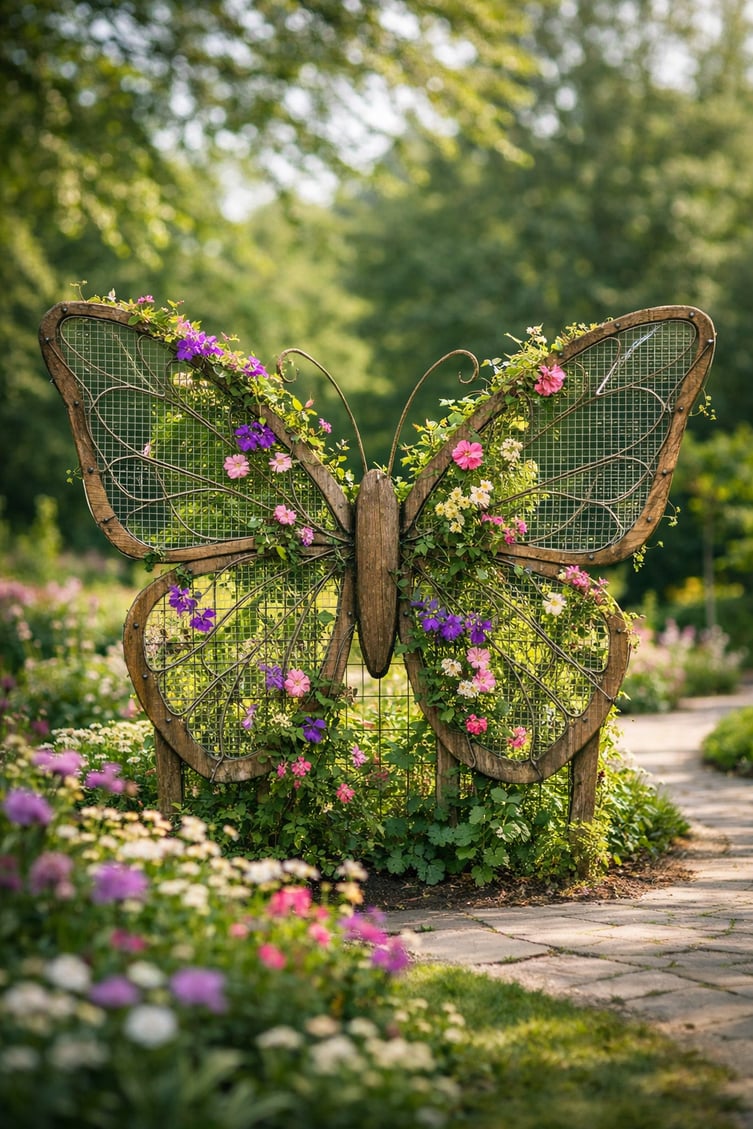🐐 From Chaos to Containment: A Mishmash, But It Works!
This morning, as I drove into town, I passed a local goat farm. For the first time, I really noticed their fencing: a mishmash of materials, from 8x8 panels to 2x4 wire mesh, electric tape, a stretch of wooden fence, and even some sheep and goat fencing.
It wasn’t the prettiest setup, but you know what? It worked. The goats were safely inside, happily grazing without a care in the world.
Versatility in Fencing: Making It Work
It reminded me how versatile fencing can be. Sometimes, it’s a perfectly planned solution. Other times, it’s about working with what you’ve got to create something that gets the job done.
At Louis E. Page, we’ve got everything you need—whether you’re starting fresh or adding to an existing setup. From sheep and goat fencing to galvanized wire mesh, we’ve seen it all and can help you make it work (and make it last!).
Find the Perfect Solution for Your Needs
Need help with your next fencing project? Call Terry, our fence expert, at 978-486-3116, and let’s find the perfect solution for your needs.
Wishing you a non-chaotic day! 😊
Debbie Page










